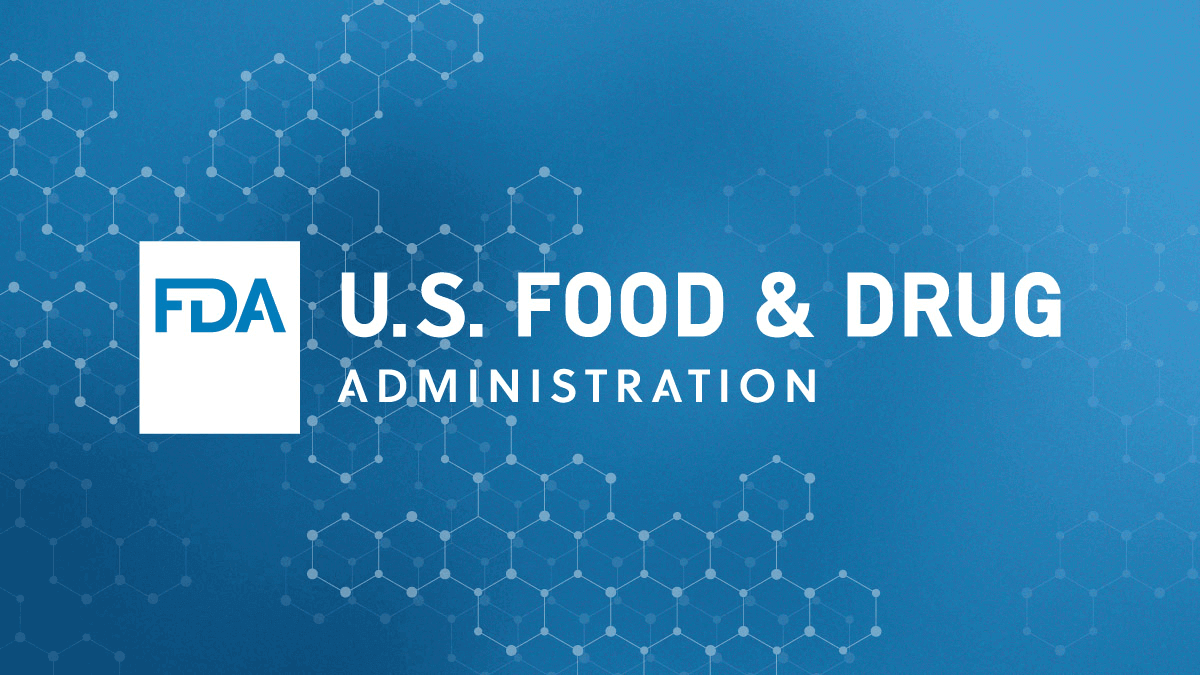- Joined
- Dec 9, 2016
- Messages
- 58
- Reaction score
- 18
- Points
- 2,686
Advertisement - Members don't see this ad
Just curious at to how everyone keeps up to date on newest treatments in our quickly changing field. Aside from obvious of NEJM, UpToDate (what’s new), etc. I actually did get MD Anderson hem/onc review courses in the past (even while not studying for boards) which helped though I felt may be a little cumbersome and that’s even only once a year. I plan on being more active in conferences going forward though this has been hard to set aside time for due to clinic schedules with partners and having young children

